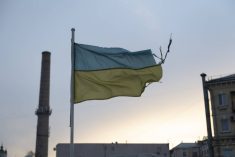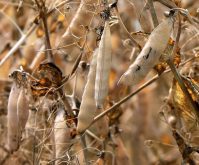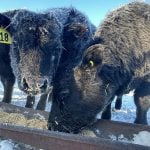Moscow | Reuters –– Russian President Vladimir Putin has extended the country’s ban on food imports from the West by one year, longer than had been expected, in retaliation to the extension of European sanctions against Moscow over Ukraine.
The ban, which prohibits most food imports from the U.S., the European Union, Australia, Canada and Norway, was expected to be prolonged for six months starting from early August after the European Union extended sanctions this week.
“Our reaction on the decision of our European colleagues regarding so-called sanctions… The head of the government has approached me with a letter to extend measures, which we put in place in a response to actions of our partners,” Putin told a meeting of government members in Moscow on Wednesday.
Read Also

U.S. grains: Soybeans continue gains on Trump’s China comments
Chicago | Reuters – Chicago Board of Trade soybeans continued a three-day rally on Friday, fuelled by President Donald Trump’s…
“… We extend our retaliatory measures for one year starting from today. I think it will be a good guideline for domestic producers,” Putin said.
The list of banned products, approved last year, included fruit, vegetables, meat, poultry, fish, milk and dairy, but the agriculture ministry said earlier on Wednesday that it was considering adding confectionery, canned fish products and flowers to the list.
It was not immediately clear if Putin has approved the expanded list.
— Reporting for Reuters by Darya Korsunskaya in Moscow; writing by Vladimir Soldatkin and Polina Devitt.














